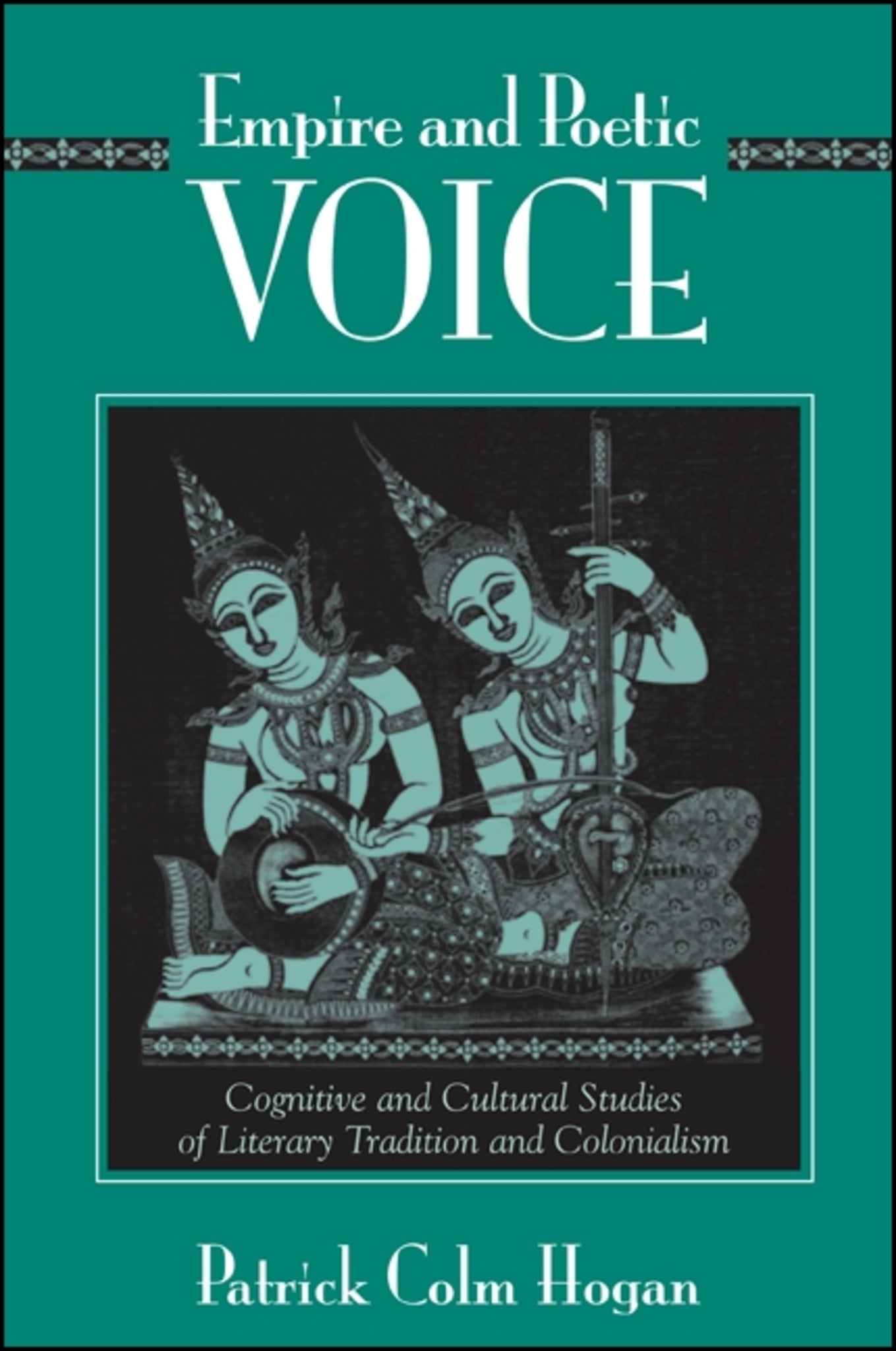We're sorry. An error has occurred
Please cancel or retry.
Empire and Poetic Voice

Some error occured while loading the Quick View. Please close the Quick View and try reloading the page.
Couldn't load pickup availability
- Format:
-
04 December 2003

Explores the relation of post-colonization authors to literary traditions.
In Empire and Poetic Voice Patrick Colm Hogan draws on a broad and detailed knowledge of Indian, African, and European literary cultures to explore the way colonized writers respond to the subtle and contradictory pressures of both metropolitan and indigenous traditions. He examines the work of two influential theorists of identity, Judith Butler and Homi Bhabha, and presents a revised evaluation of the important Nigerian critics, Chinweizu, Jemie, and Madubuike. In the process, he presents a novel theory of literary identity based equally on recent work in cognitive science and culture studies. This theory argues that literary and cultural traditions, like languages, are entirely personal and only appear to be a matter of groups due to our assertions of categorical identity, which are ultimately both false and dangerous.


Acknowledgments
Introduction: Decolonizing Cultural Identity
1. Ideological Ambiguities of "Writing Back": Anita Desai and George Lamming in the Heart of Darkness
2. Revising Indigenous Precursors, Reimagining Social Ideals: Tagore's The Home and the World and Valmeki's Ramayana
3. Subaltern Myths Drawn from the Colonizer: Dream on Monkey Mountain and the Revolutionary Jesus
4. Preserving the Voice of Ancestors: Yoruba Myth and Ritual in The Palm-Wine Drinkard
5. Outdoing the Colonizer: Homer, Virgil, Dante, Milton, Walcott
6. Indigenous Tradition and the Individual Talent: Agha Shahid Ali, Laila/Majnoon, and the Ghazal
Afterword: "We Are All Africans": The Universal Privacy of Tradition
Notes
Glossary of Selected Theoretical Concepts
Works Cited
Index



